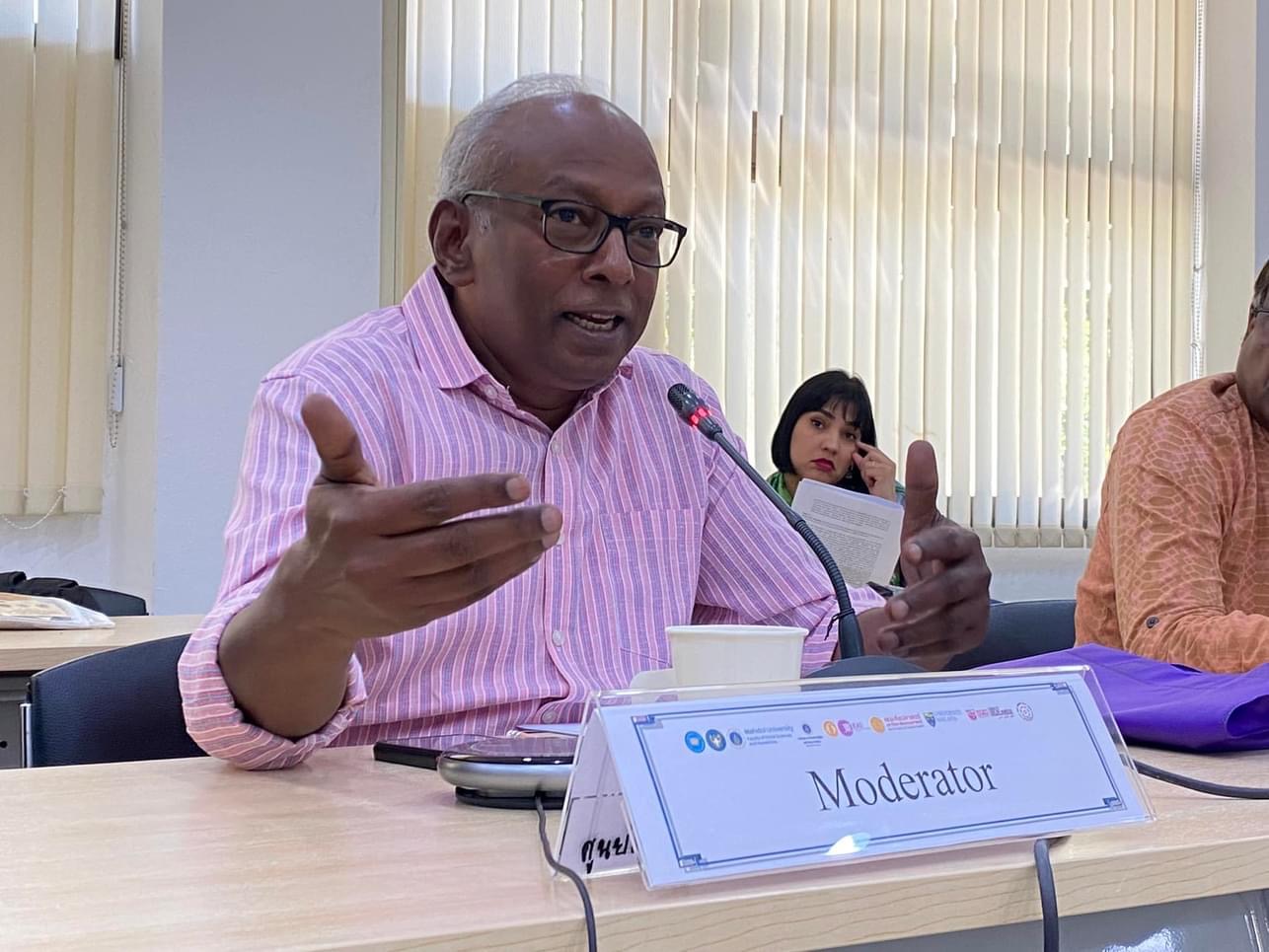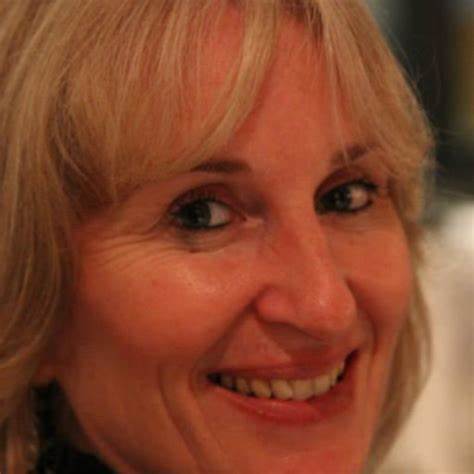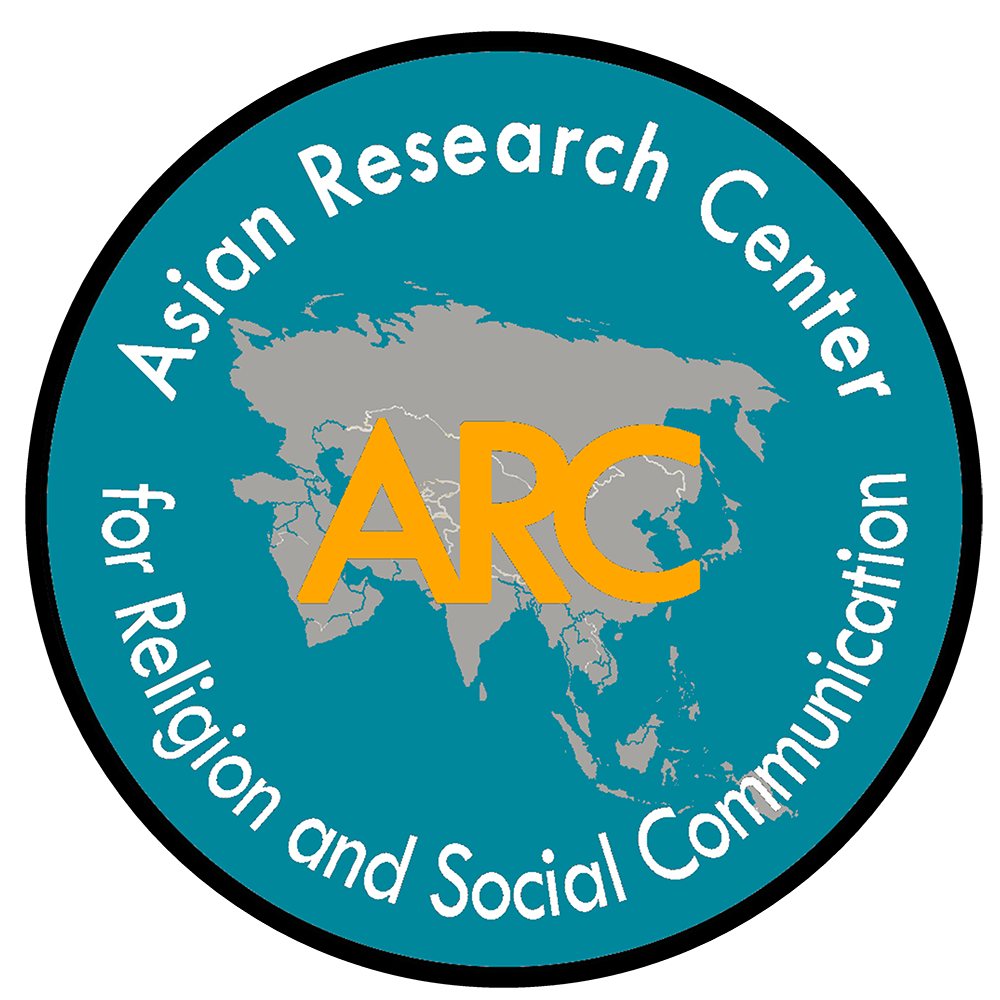Public Lecture: Religious Identity and Religious Community in the Digital Age
The Desmond Tutu Centre for Religion and Social Justice (DTCSRJ) and the Asian Research Centre for Religion and Social Communication (ARCRS) invite you to a public lecture on
"Religious Identity and Religious Community in the Digital Age"
Speaker: Dr Gnana Patrick
Respondent: Dr Cherry Muslim
Join the Conversation:
Date : Wednesday, 10 July 2024
Time: 2pm-4pm (GMT +2)
Zoom Link: https://uwc.zoom.us/j/93101631453
Dr Gnana Patrick (b. 1962), Ph.D., formerly Professor and Head of the Department of Christian Studies, University of Madras, holds a doctorate in Christian Studies. He served the University of Madras as Dean–Endowments, Dean Student Affairs, Dean Research and as Chair- person of the School of Philosophy and Religious Thought. In the year 2013, he was awarded the Fulbright – Nehru Visiting Lecturer Fellowship and taught a course on Public Religion: Learning from Indian and American Experiences at the Divinity School, Harvard University, USA. His recent published books include Pothuveli Iraiyiyal (Public Theology [Tamil], 2022), Public Theology – Indian Concerns, Perspectives and Issues (USA: Fortress Press, 2020), Indian Christianity and Its Public Role (edited, New Delhi: Christian World Imprint, 2019), Wings of Faith Public Theologies in India (New Delhi: ISPCK, 2013) He has served as the chief editor of the Indian Journal of Christian Studies (ISSN 2231-0835) from 2011-2015.
Dr Cherry Muslim is a Senior Lecturer: Islamic Studies in the Discipline of Religion and Academic Leader for Religion & Classics in the School of Religion, Philosophy & Classics, UKZN-HC. Her Research interests are: Muslim Feminist activism online; digital religion (Islam and Muslims); digital research methodologies, indigenous research methodologies, decoloniality, gender and sexuality, and more recently AI in Teaching and Learning. She is a PI for the PhD cohort in the NRF funded German-South African International Research Training Group (IRTG) for Transformative Religion and situated knowledge in processes of social transformation and a Teaching ‘Professor’ in the Virtual Exchanges in Religious Euro-African Dialogue (VEREAD). Dr Muslim is a founding member of the Muslim Personal Law (MPL) Network – an online/offline platform of women activists, academics and lawyers who aid Muslim women in marriage and divorce and a committee member of Taking Islam to the People (TIP). She is also Director of the Islamic Studies Research Unit (ISRU), UKZN; Co-editor: Journal of Islamic Studies (JIS).
Abstract
Among the many fields characteristically impacted by the digital media, the religious terrain witnesses unprecedented changes. It is as if the digital age has transformed the face of religion irreversibly and has brought about a new epoch in the history of religions. Exploring the changes, with the help of keys from religious studies and social sciences, and that too situating the exploration in a religiously vibrant context like Asia, would be a valuable contribution both to media studies and religious studies. I would like to explore the changes in terms of questions like ‘what is religion in a digital age’, and ‘what is a religious community in a digital habitat’? The exploration will hinge upon the themes of identity, rituality, religious experience, community, etc. Furthermore, I will phenomenologically look at the changes occurring at the external and the internal sites of religiosity. By external, I mean the changing modalities occurring at the empirically tangible level, while by internal, I mean the inner transforming religious experiences, known through such spiritual experiences as mysticism, interiority, transcendence, self-realisation, etc. Needless to say the unique experience of digital communication is virtuality and it has collapsed actuality into unimaginable levels and manners of virtuality in our contemporary phase of AI informed communication. What does this virtuality do to religious identity and community, especially in the Asian context? Does it produce closures or dis enclosures? – will be the special questions dealt with in the lecture.


No Reviews/Comments have been posted yet.
Be the first to contribute content to this Posts.








